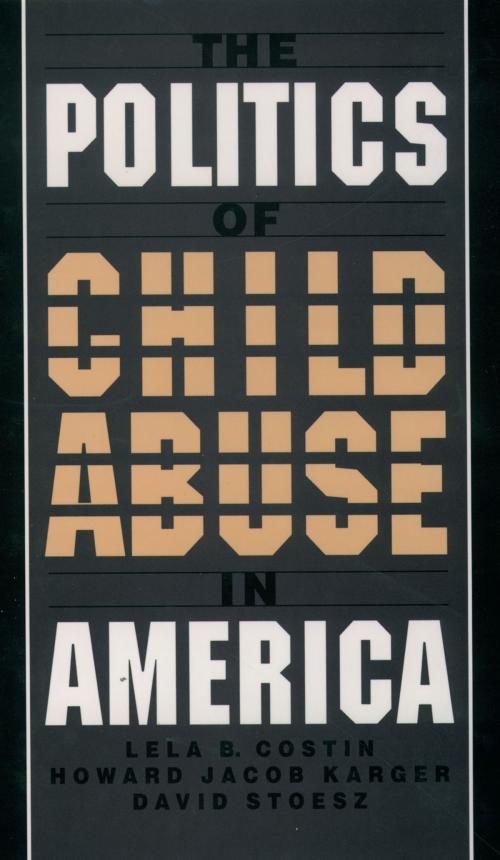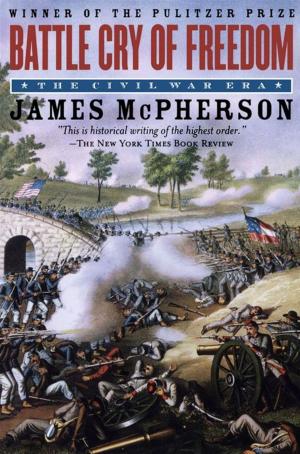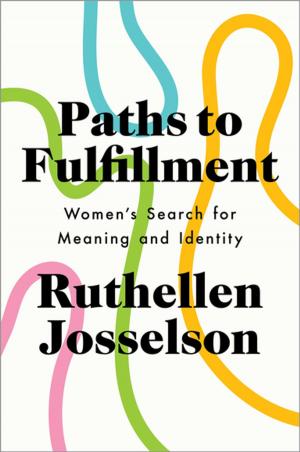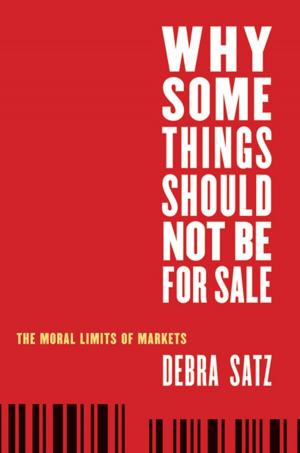The Politics of Child Abuse in America
Nonfiction, Social & Cultural Studies, Social Science, Social Work, Family & Relationships, Family Relationships, Abuse| Author: | Lela B. Costin, Howard Jacob Karger, David Stoesz | ISBN: | 9780190283452 |
| Publisher: | Oxford University Press | Publication: | February 27, 1997 |
| Imprint: | Oxford University Press | Language: | English |
| Author: | Lela B. Costin, Howard Jacob Karger, David Stoesz |
| ISBN: | 9780190283452 |
| Publisher: | Oxford University Press |
| Publication: | February 27, 1997 |
| Imprint: | Oxford University Press |
| Language: | English |
Child abuse policy in the United States contains dangerous contradictions, which have only intensified as the public slowly accepted it as a middle class problem. One contradiction is the rapidly expanding child abuse industry (made up of enterprising psychotherapists and attorneys) which is consuming enormous resources, while thousands of poor children are seriously injured or killed, many while being "protected" by public agencies. This "rediscovery" has also led to the frenzied pursuit of offenders, resulting in the sacrifice of some innocent people. Moreover, the media's focus on the sensational details of high-visibility sexual abuse cases has helped to trivialize, if not commercialize, the child abuse problem. As such, child abuse has gone from a social problem to a social spectacle. By the 1980s the child welfare system had become a virtual "nonsystem," marked by a staggering turnover of staff, unmanageable caseloads, a severe shortage of funding, and caseloads composed of highly dysfunctional families (many with drug-related problems). To make room for these families, public agencies rationed services by increasingly screening-out child abuse reports which contained little likelihood of serious bodily harm. In The Politics of Child Abuse in America, the authors argue that child abuse must be viewed as a public safety problem. This redefinition would make it congruent with other family-based social trends, including the crackdown on domestic violence. Children must have the same legal protection currently extended to physically and sexually abused women. This can be done by creating a "Children's Authority," which would have the overall charge for protecting children. Specifically, Children's Authorities would have the responsibility for providing the six main functions of child protection: investigation, enforcement, placement services, prevention and education, family support, and research and development. Offering a unique perspective on the cold reality of this crisis, The Politics of Child Abuse in America will be a provocative work for social workers and human service personnel, as well as the general reader concerned with this timely issue.
Child abuse policy in the United States contains dangerous contradictions, which have only intensified as the public slowly accepted it as a middle class problem. One contradiction is the rapidly expanding child abuse industry (made up of enterprising psychotherapists and attorneys) which is consuming enormous resources, while thousands of poor children are seriously injured or killed, many while being "protected" by public agencies. This "rediscovery" has also led to the frenzied pursuit of offenders, resulting in the sacrifice of some innocent people. Moreover, the media's focus on the sensational details of high-visibility sexual abuse cases has helped to trivialize, if not commercialize, the child abuse problem. As such, child abuse has gone from a social problem to a social spectacle. By the 1980s the child welfare system had become a virtual "nonsystem," marked by a staggering turnover of staff, unmanageable caseloads, a severe shortage of funding, and caseloads composed of highly dysfunctional families (many with drug-related problems). To make room for these families, public agencies rationed services by increasingly screening-out child abuse reports which contained little likelihood of serious bodily harm. In The Politics of Child Abuse in America, the authors argue that child abuse must be viewed as a public safety problem. This redefinition would make it congruent with other family-based social trends, including the crackdown on domestic violence. Children must have the same legal protection currently extended to physically and sexually abused women. This can be done by creating a "Children's Authority," which would have the overall charge for protecting children. Specifically, Children's Authorities would have the responsibility for providing the six main functions of child protection: investigation, enforcement, placement services, prevention and education, family support, and research and development. Offering a unique perspective on the cold reality of this crisis, The Politics of Child Abuse in America will be a provocative work for social workers and human service personnel, as well as the general reader concerned with this timely issue.















